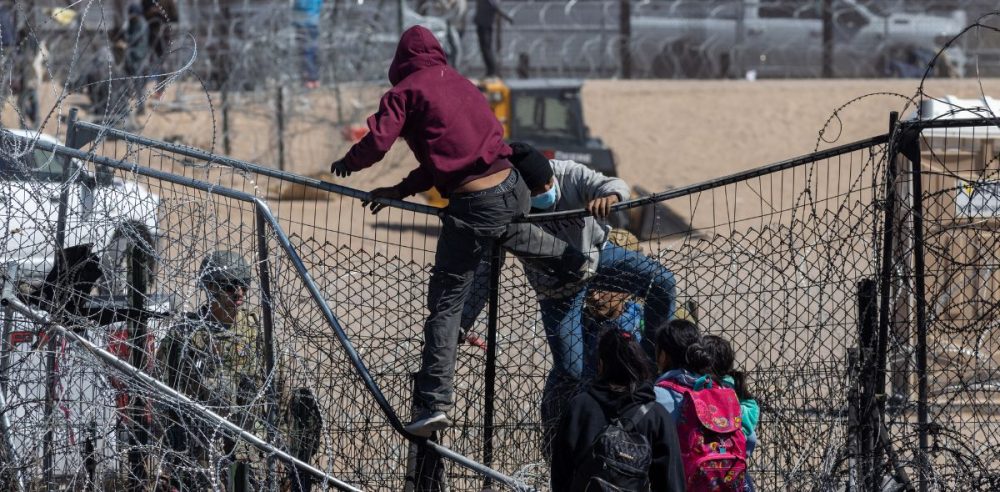Mexico has deployed troops to the border near Tijuana as part of a broader effort to curb fentanyl smuggling and illegal immigration.
The move follows pressure from U.S. President Donald Trump, who threatened to impose a 25% tariff on Mexican imports unless stronger border enforcement measures were taken.
In response, Mexican President Claudia Sheinbaum agreed to deploy 10,000 National Guard and Army troops along the U.S.-Mexico border. Approximately 1,949 of these troops have been stationed in Tijuana, one of the highest concentrations in the effort. The first contingents arrived days ago in multiple border cities, including Tijuana.
This deployment marks one of Mexico’s most significant security efforts in recent years. Officials on both sides of the border are monitoring the impact of this surge, particularly in regions that have seen a rise in drug trafficking and unauthorized crossings. Mexican authorities have emphasized their commitment to combating organized crime while maintaining humanitarian policies for migrants.
The decision has drawn mixed reactions. Supporters argue that it demonstrates Mexico’s willingness to collaborate on border security, potentially easing tensions with the U.S. administration. However, critics warn that militarizing the border could lead to human rights concerns and strained relations between the two nations.
As the troops settle into their posts, both governments will assess whether the deployment meets its objectives and whether further actions will be necessary to manage border security challenges.


